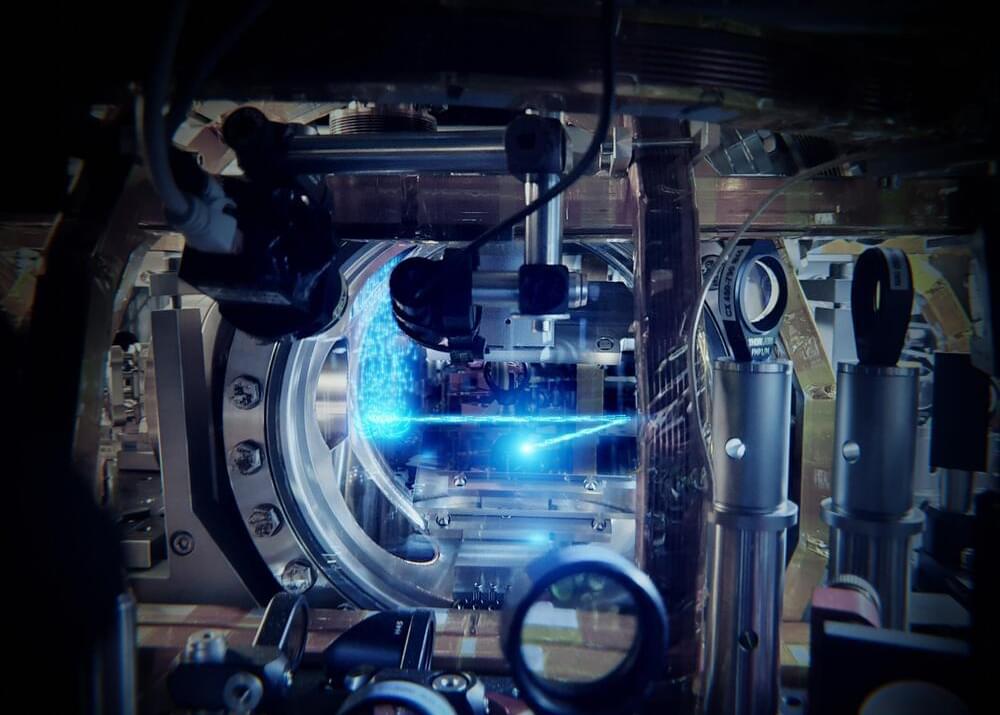Charging technology provider EV Safe Charge has unveiled ZiGGY – a mobile robot that can charge an EV wherever it’s parked. Through its ability to recharge itself via different energy sources and its summoning feature, ZiGGY can alleviate the need to install specific parking stalls for EV charging, as any spot can now become a spot to recharge.
EV Safe Charge currently provides end-to-end charging solutions, particularly as it pertains to mobile charging. The company created a mobile rental charging solution for the launch of Jaguar’s I-PACE EV and works with several other OEMs like Audi, Mercedes-Benz, Nissan, Porsche, and Stellantis.
Previously, EV Safe Charge has helped find its clients ideal charging solutions based on their needs, recommending charging technology from a multitude of partners including ABB, Enel X, evconnect, and Bosch.








